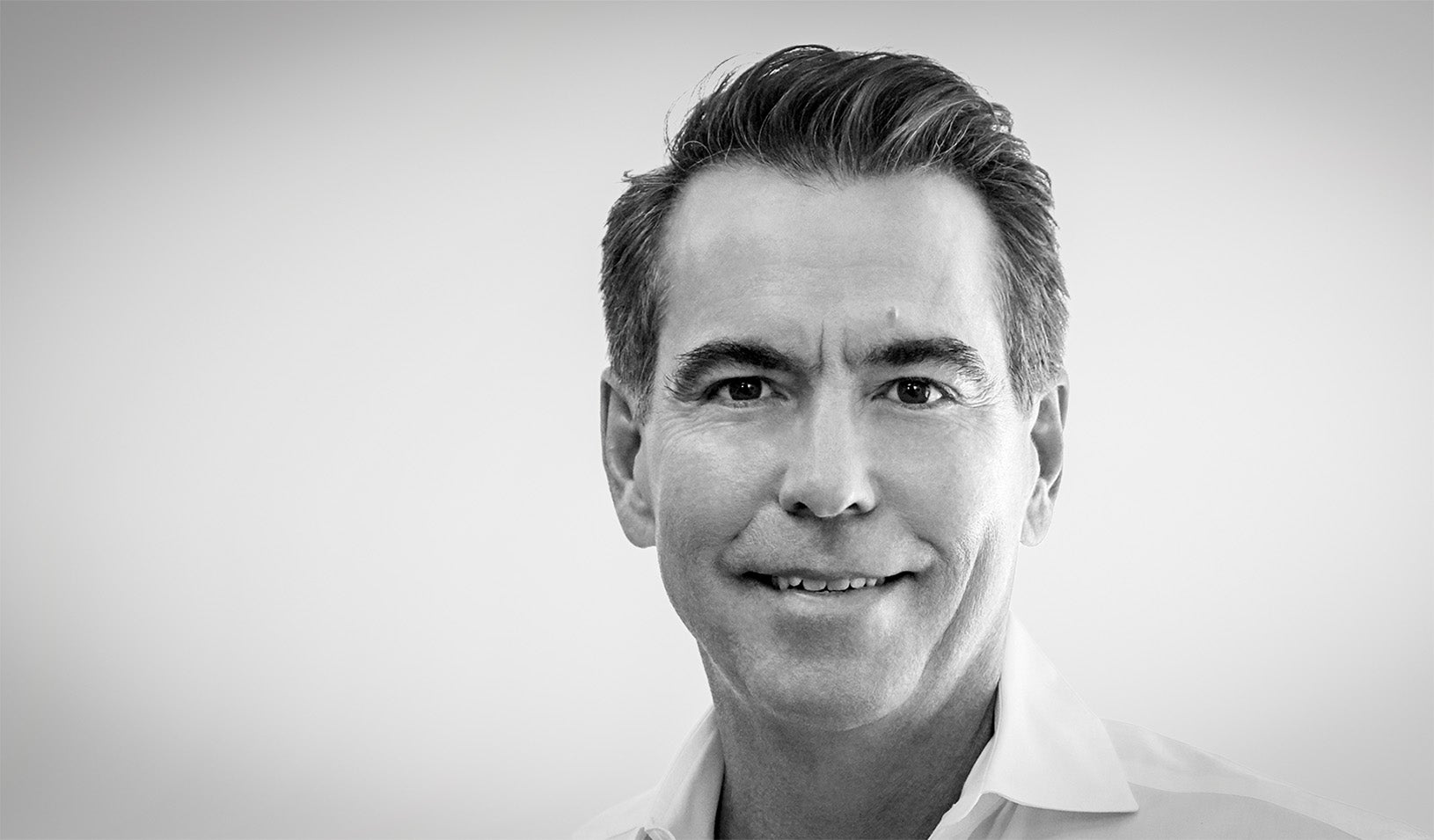March 15, 2004
| by Isabel AwadExternal debt is one of the biggest structural issues that the world will face in the next couple years, World Bank President James Wolfensohn told Stanford GSB students during a March visit, adding: “The beginning of the new debt debate is now.”
Iraq is the trigger for the debate. That troubled nation owes $120 billion, seven to eight times its gross domestic product. “Subject to a decent government coming in,” Wolfensohn said, there’s a “fair chance” that creditors may forgive $80 billion to $90 billion of that debt. The challenge then will be to face the question that many other countries are already asking: “Do you need an invasion to deal with the question of debt?”
Since he became president of the World Bank in 1995, Wolfensohn has defined debt relief as a key strategy toward sustainable development in the poorest countries. To be effective, however, the strategy needs to be complemented by financial aid and commercial opportunities. The problem, Wolfensohn said, is that rich countries are not delivering the promise they made on aid and free trade to the developing world after the Millennial Summit in 2000. While they spend $900 billion on defense, only $50 billion is allocated to development assistance, he said.
This “madness in the way we’re running our planet,” Wolfensohn said, leads to huge frustration in the developing world and the result may be counterproductive. By favoring domestic concerns, developing nations are neglecting “the inevitable mid-term and long-term questions of poverty and development, which, in my judgment, will have an even greater effect than short-term economics.”
Wolfensohn’s development paradigm has been comprehensive in terms of both its focus and the range of social actors involved. On the one hand, it assumes that individual projects are interdependent (schools are useless if there are no roads and water, for example) and, on the other, it relies on governmental efforts as much as on the private sector and on civil society. His speech was part of the “View From The Top” series that brings leaders of business and government to the School each year.
The “C-word” — corruption — was forbidden in the World Bank when Wolfensohn took over. “It’s political; it’s beyond our mandate,” he was told. By redefining corruption as a social and economic concept, however, he managed to place it at the core of his anti-poverty strategy. Now, he says, there is at least a dialogue about corruption in the more than 100 countries in which the bank is present.
“You can have marvelous ideas, but if you don’t have your organization in shape,” said Wolfensohn, they do not succeed. His first challenge at the bank was one of internal management. Disturbed by the rigidity that self-satisfaction had imposed on the institution, he decided it had to get closer to the human beings it worked for. “I wanted the passion in there because I didn’t want this to be a third-party activity, I wanted it to be an activity that people really felt.” Some 600 World Bank employees participated in a three- to four-week program on corporate change. At least half of them spent a “residential week” staying with families in slums or villages around the world. For most, it was “the most rewarding experience of their lives,” Wolfensohn said.
For media inquiries, visit the Newsroom.






